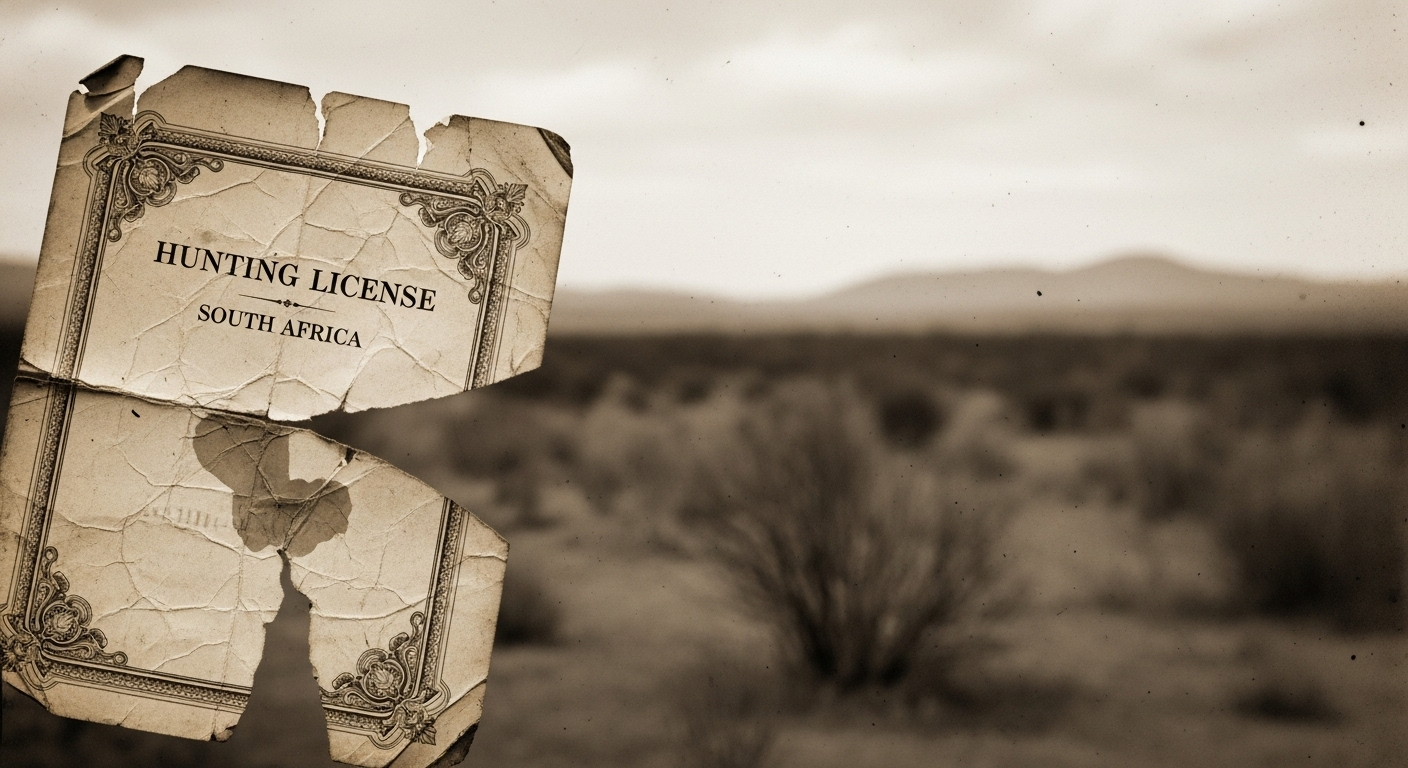What if I told you that less than a century ago, in a country many of us now associate with vibrant culture and modern progress, a government was actively issuing permits to hunt human beings? Sounds like something out of a dystopian novel, right? But this isn’t fiction. This is a grim chapter from South Africa’s not-so-distant past.
We often think of ‘hunting licenses’ in terms of wildlife conservation or sport. But for decades, right up until 1936, the South African government actually sanctioned the hunting of indigenous people, specifically the San, or Bushmen, as they were often called. Yes, you read that correctly: official documents allowing individuals to pursue and kill fellow human beings, much like game animals.
Who Were the San People?
The San are one of the oldest cultures on Earth, with a rich history stretching back tens of thousands of years in Southern Africa. They are renowned for their deep connection to the land, their intricate tracking skills, and their unique click languages. Tragically, their nomadic lifestyle and traditional lands often put them in direct conflict with expanding colonial settlements, leading to devastating consequences.
A License to Kill
So, how did this horrifying practice become ‘legal’? Essentially, the San were often viewed as ‘vermin’ or ‘obstacles’ to colonial expansion and farming. Rather than engaging in diplomacy or understanding, authorities resorted to extreme measures. These ‘licenses’ effectively dehumanized an entire population, reducing them to targets in a brutal, state-sanctioned extermination campaign. It’s a stark reminder of how easily prejudice can morph into systematic violence.
A Recent Past
It’s easy to dismiss such atrocities as ancient history, something belonging to a time so far removed it barely registers. But here’s the kicker: the last official hunting license for a San person was issued in 1936. Think about that for a second. Your grandparents, or even great-grandparents, were alive when this was still happening. It wasn’t some medieval practice; it was a reality in the lifetime of people many of us knew.
Why Does This Matter Today?
This isn’t just a morbid ‘random fact.’ Understanding this dark period is crucial for several reasons. It highlights the devastating impact of colonialism and racial dehumanization. It forces us to confront uncomfortable truths about how societies can rationalize unthinkable acts. And perhaps most importantly, it underscores the ongoing struggle for indigenous rights and recognition worldwide. Even today, many indigenous communities face threats to their land, culture, and very existence.
So, the next time you hear about ‘history,’ remember it’s not always neatly packaged in dusty textbooks. Sometimes, it’s a raw, uncomfortable truth that lurks just beneath the surface, reminding us of the fragility of humanity and the constant need for vigilance against prejudice. It’s a tough pill to swallow, but sometimes, the most important lessons are the ones that make us squirm a little.
